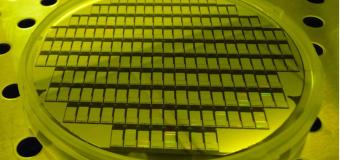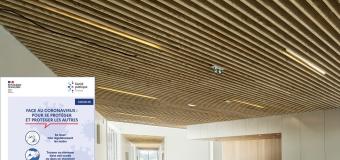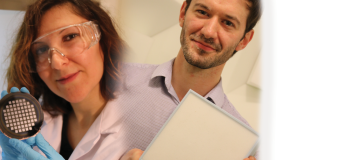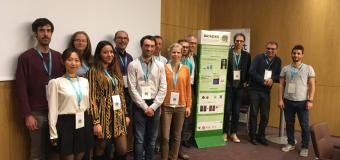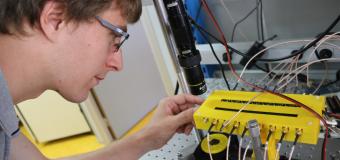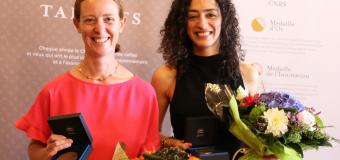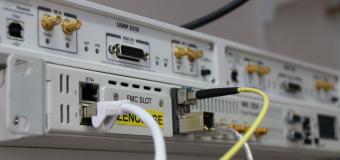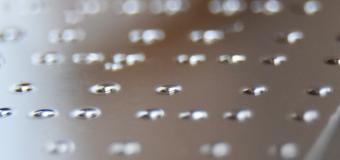Two CNRS bronze medals for FEMTO-ST
Aude Bolopion (biomedical micro-nano robotics) and Nadia Steiner (fuel cell diagnostics) are awarded with the CNRS 2019 bronze medal for their promising research.
Each year, the CNRS bronze medals welcome some 40 young scientists whose career start is extremely promising
It is a great sucess in 2019 for FEMTO-ST with the distinction of two of its members : Aude Bolopion (Department of Automation and Micro Mechatronic Systems) and Nadia Steiner (Energy Department)
Aude Bolopion obtained her PhD in robotics at the Pierre and Marie Curie University in July 2010 for her work on the teleoperation of nanoscopic objects.
She joined the CNRS as a research fellow in 2011 at the FEMTO-ST institute. Upon her arrival, she participated in the assembly of a new team on micro-nano-robotics biomedical.
His work focuses on the non-contact manipulation of objects at micrometric scales whose main application framework is the ultra-precise positioning of biological cells. She has proposed many original methods of actuating and controlling micro-object trajectories using various remote force fields.
Its international influence is illustrated by its numerous fruitful collaborations, in particular with the "Université Libre de Bruxelles", the "Federal Polytechnic School of Lausanne", the "Czech Technical University of Prague". It also cultivates multidisciplinarity with collaborations with the "French Blood Establishment" and the health industry to provide tools for ultra-selective sorting for biotherapies whose bringing to market is the subject of a start-up project.
Nadia Steiner has a double background in Energy (Master and Thesis) and Mathematics (Master in Applied Mathematics).
She defended her thesis at FEMTO-ST / Energy Department and FCLAB in December 2009, in collaboration with EDF / EIfER (Karlsruhe) on the diagnosis of fuel cells using mathematical signal processing methods. This particularly innovative work has given rise to an international patent.
Nadia continued her career as a research project manager at EIfER for several years, continuing to work on projects related to fuel cell diagnostics.
She joined the FEMTO-ST institute (SHARPAC team) and the FCLAB in 2014, on a chair of excellence at the University of Franche-Comté where she teaches electrical engineering (IUT Belfort-Montbéliard) and continues her work research into fault tolerant control of fuel cell systems.
Nadia is particularly involved in the development and management of world-class research projects on fuel cell systems and is recognized as one of the leading international experts in fault tolerant control field.
The societal and industrial impacts of its work thus concern increasing the sustainability and energy efficiency of hydrogen-energy systems. They are part of an energy transition approach, respectful of the environment.
The official medal ceremony organized by the CNRS Center-East delegation will take place in September-October.


